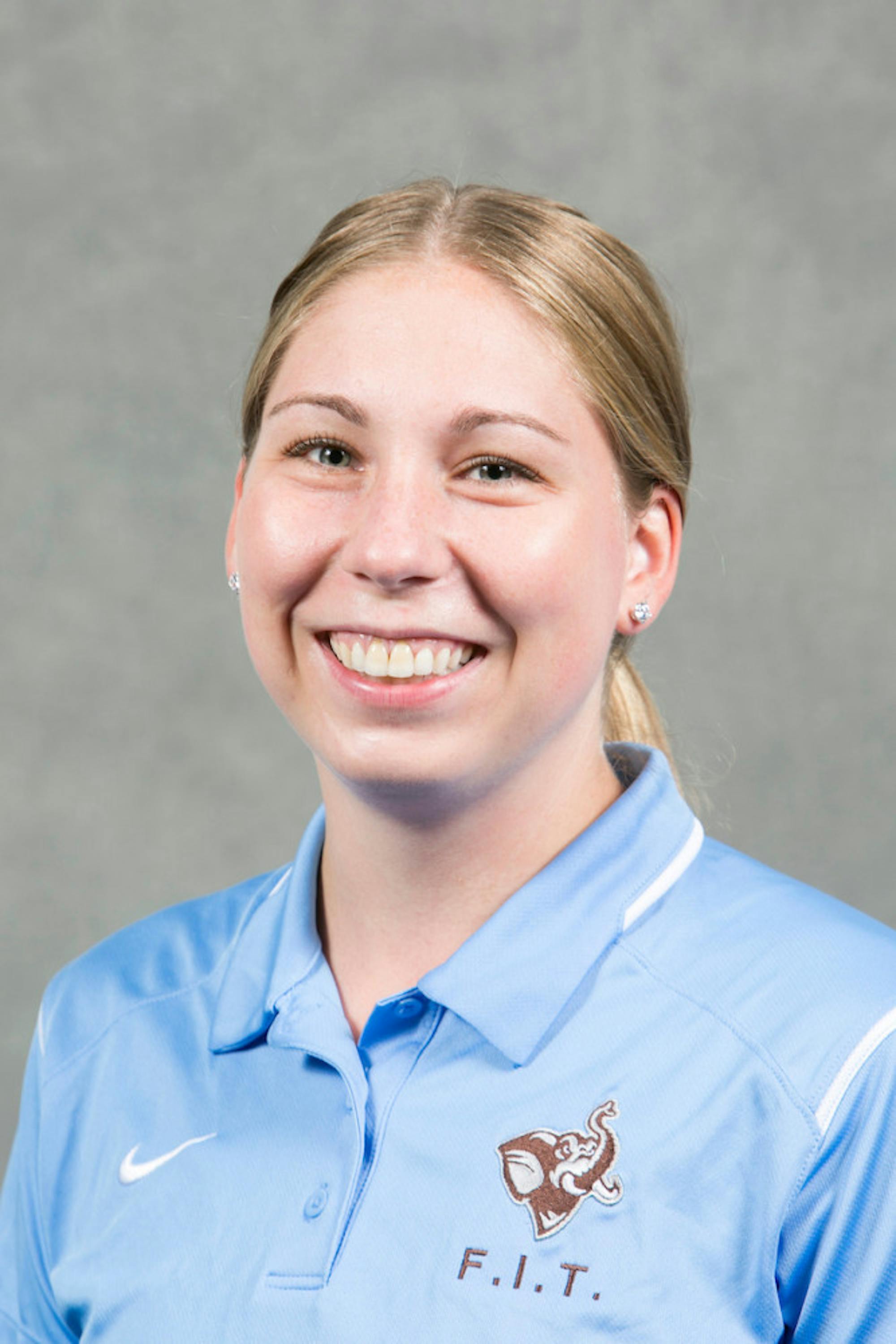This article is the first in a two part series on former Jumbo athletes who have moved on to coaching positions.
Many of the current coaches at Tufts are former Jumbo athletes themselves. Some, like tennis assistant coach Samantha Gann and basketball assistant coach Kate Barnosky, jumped into coaching shortly after finishing their playing career.
In her final year on the women’s tennis team, Gann served as captain and was the team's No. 1 singles player. For her efforts on and off the court, she was awarded the 2014 ITA National Arthur Ashe Award for Leadership and Sportsmanship and was named the 2014 NESCAC Senior Sportswoman of the Year. For Gann, it was always clear that walking away from the sport to which she had dedicated much of her life, and which had given her so much enjoyment and fulfillment, was going to be a difficult prospect. When an opportunity arose to stay involved with the program at Tufts, she jumped on it.
“Playing tennis at Tufts was one of the best experiences of my life: I had the opportunity to play the sport I love at a high level, make amazing lifelong friendships and learn invaluable lessons from my coaches and teammates,” Gann told the Daily in an email. “As senior year was coming to an end, I realized just how difficult it was going to be to give up the sport I was so passionate about and had worked so hard at since I was a little girl. So when Coach [Kate] Bayard presented me with an opportunity to stay involved with the program as an assistant coach, it was a no-brainer.”
Making the transition to coaching could have been difficult for some, but for Gann it was relatively seamless. With her intense passion for the sport and an innate ability to connect with her teammates from when she was captain, coaching came naturally to her.
“I realized at the end of senior year that while my time on the court was coming to an end, my passion for the sport wasn't going anywhere," Gann said. "In many ways, becoming a coach of this team feels like a continuation of my days playing on the team. It's so great to be able to cheer on my former teammates and continue to grow our relationships and at the same time develop a genuine bond with the new players.”
Gann credited Bayard, her former coach and the head of the women's tennis program for the past 11 years, as her biggest inspiration in her transition to coaching.
“[Coach Bayard] has been the most incredible mentor and friend and has taught me so much on and off the court," Gann said. "Her technical skills and talent on the court are impressive enough to make a fantastic coach, but that combined with her genuine care for all of her team members, past and present, as well as her passion for tennis, makes her an amazing coach. I have tremendous respect and love for her.”
Kate Barnosky, who just began her third season as an assistant coach of the women’s basketball team, has a similar story of passion and love for the sport she plays, though her path to becoming a coach took a slightly different route. Before the start of her junior year, Barnosky suffered a devastating knee injury and was forced to sit out for the entire 2010-2011 season. While the lost season was certainly unfortunate, during her time on the sidelines, she developed one of the most crucial skills of any coach: the voice of a leader.
“Being sidelined, I had to find a different way to lead and still contribute to the team even though I was not out on the court," Barnosky said. "As I developed my voice on the sideline, I began to see coaching as a potential option for the future.”
Barnosky went on to fulfill her two remaining years of NCAA eligibility, playing her final season after graduating in 2012 and while pursuing her Master’s degree in applied child development. She was a three-year captain during her tenure as a player.
"[Kate Barnosky] is Jumbo Basketball," women's basketball coach Carla Berube said in a February 2012 feature about Barnosky on GoTuftsJumbos.com. "She has plenty of talent, but she's all heart."
As Barnosky searched for a way to combine her interests in human development, psychology and sports, coaching seemed like an obvious path — and her love for her school led her to stay and coach at Tufts.
“Once I completed my Master's, it had become very clear to me that coaching was what I wanted to do," Barnosky said. "I love the university, athletics department and our basketball program, so it only made sense to continue to coach and do what I love to do.”
Barnosky and Gann both acknowledge that, being so fresh off of their own playing careers, they bring unique insight and a certain empathy to their coaching roles. For Barnosky, her coaches were always present and willing to put in extra effort outside of practice to help her to improve, and as a coach she feels motivated to provide her players with the same support. For Gann, she knows exactly what emotions her players are feeling on the court.
“When a player double faults on game point, I still feel her pain," Gann said.
It was clear in conversation with both of these coaches that the most important commonality in their backstories was the love that drove their coaching careers: love for the sport, love for the players around them and love for Tufts.
From Player to Coach: Kate Barnosky and Samantha Gann






